
Asset Ownership is the Secret to Beating Inflation


Lately, it feels like every conversation I have inevitably circles back to inflation. Just last weekend, I caught up with a university friend who had moved to the U.S. a few years after we graduated. Despite being a lawyer and having a spouse who is a surgeon—both high earners—they’re feeling the squeeze of rising costs in America. What’s more, the possibility of moving back to Singapore now seems out of reach, thanks to the skyrocketing expenses here as well. When they first relocated for work, they chose to rent, thinking they might eventually return to Singapore. Now, with inflation driving up prices on both sides of the globe, they regret not investing in assets, particularly real estate, when they had the chance.
Their situation is a powerful reminder of how inflation impacts not just daily expenses but long-term financial decisions. Asset ownership, especially homeownership, has become more than just a milestone of success—it’s a crucial strategy for protecting and growing wealth in an inflationary world. Let’s explore why owning assets is the key to beating inflation and why my friend’s story serves as a cautionary tale for anyone who might be underestimating the importance of strategic asset acquisition.
Understanding Inflation and Its Effects
Inflation is the gradual increase in prices over time, which erodes the purchasing power of money. This means that the same amount of money buys less today than it did yesterday, affecting everything from groceries to housing. Inflation has been a persistent feature of global economies for centuries, but its impact has become more pronounced in recent years due to various economic pressures, including supply chain disruptions and labor shortages.
For those relying on cash savings, inflation can be particularly damaging, as the value of their money decreases while the cost of living continues to rise. This is why asset ownership—whether real estate, stocks, or commodities—is crucial. Among these, homeownership is one of the easiest and most accessible forms of asset ownership, providing a tangible asset that typically appreciates over time, often outpacing inflation and providing a hedge against the declining value of cash.
The Current Inflationary Landscape
Today, we are experiencing a unique inflationary landscape, marked by rising costs across almost every sector. In the U.S., the number of homes valued at over a million dollars has reached an all-time high, with 8.5% of U.S. homes now estimated to be worth over $1 million, up from 7.6% last year and just 4% before the COVID-19 pandemic. This surge in property values highlights the growing challenge of asset ownership, especially for those who didn’t secure assets, like real estate, before the market took off.
Similarly, in Singapore, the cost of asset ownership has also risen dramatically. Housing Development Board (HDB) flats, which are government subsidised apartments, have sold for over a million, let alone private housing options like condominiums, and landed properties have all seen significant price increases, driven by strong demand and limited supply. For my friend, this means that even if they decided to return to Singapore, the cost of acquiring assets, particularly a home, would be significantly higher than when they left.

Asset Ownership as a Hedge Against Inflation
Asset ownership is one of the most effective strategies for protecting against inflation. Unlike cash, which loses value as inflation rises, assets such as real estate, stocks, and commodities typically appreciate over time. Homeownership, in particular, is a straightforward and powerful form of asset ownership. The appreciation of property values, driven by factors such as scarcity, market demand, and the intrinsic value of land, helps safeguard wealth against inflation’s eroding effects.
My friend’s experience highlights the importance of timing in asset ownership. By choosing to rent and delay purchasing assets, especially a home, they missed out on the opportunity to benefit from the substantial appreciation of asset values in both the U.S. and Singapore. This decision has left them more vulnerable to the impacts of inflation, as they lack the equity and investment returns that could have grown over time.
The Power of Diversified Asset Ownership
Owning a diversified portfolio of assets is more than just a financial milestone; it’s a powerful strategy for building wealth and security. Diversification across various asset classes, such as real estate, stocks, bonds, and commodities, can help mitigate risk and maximize returns, particularly during inflationary times when different assets may perform differently. Homeownership remains one of the most accessible entry points into asset ownership, offering both financial stability and the potential for significant long-term gains.
For example, while real estate provides stability and steady appreciation, stocks in companies with strong pricing power can offer growth that outpaces inflation. Commodities like gold and oil traditionally rise in value during inflationary periods, providing a safeguard against declining purchasing power. By owning a mix of these assets, including real estate, investors can create a portfolio that not only protects their wealth but also positions them to benefit from inflation-driven market trends.
Timing Your Asset Purchases
In an inflationary environment, the timing of asset purchases becomes particularly crucial. Acquiring assets such as real estate, stocks, or commodities at the right time can significantly impact the returns on your investment. Homeownership, due to its accessibility and potential for appreciation, often serves as an ideal first step in building an asset portfolio. For instance, purchasing a home when market conditions are favorable allows buyers to maximize their investment potential before inflation drives prices higher.
However, waiting too long can result in higher costs, both in terms of purchase price and financing. Inflation can quickly erode the value of money, meaning that the longer you wait, the more expensive assets can become. For my friend, the decision to delay asset ownership has led to missed opportunities to build equity and wealth, a situation they now regret.
Leveraging Debt Wisely in Asset Ownership
Debt, particularly when used to acquire appreciating assets, can be a powerful tool in an inflationary economy if managed wisely. For example, a fixed-rate mortgage on a property allows owners to lock in their payments, providing a hedge against rising costs. As inflation increases, the real value of the fixed payments decreases, making it easier to manage debt over time. Homeownership often involves taking on a mortgage, but when leveraged properly, this debt can significantly contribute to wealth-building.
Moreover, with rising asset values, owners can build equity more quickly, which can then be used to finance other investments or pay down debt. This leverage can amplify the benefits of asset ownership, especially when inflation is high. However, it’s essential to manage debt carefully, ensuring that it remains a tool for wealth-building rather than a burden.

Building Generational Wealth Through Asset Ownership
Owning a diverse portfolio of assets is one of the most effective ways to build generational wealth. Assets such as real estate, stocks, and bonds allow families to accumulate wealth over time, passing it down to future generations. Homeownership is particularly valuable in this regard, as property values tend to appreciate, creating a strong foundation for generational wealth. As asset values increase, so does the equity and investment returns that can be inherited, providing financial security for descendants.
In an inflationary economy, this transfer of wealth becomes even more critical. Asset ownership not only retains value but often appreciates, making it a stable and growing source of wealth that can outlast inflation’s eroding effects. This long-term approach to wealth-building ensures that future generations are better equipped to handle economic uncertainties.
The Psychological Benefits of Asset Ownership
Beyond the financial advantages, owning assets also offers significant psychological benefits. Asset ownership, especially homeownership, provides a sense of stability and control, which is particularly valuable during times of economic uncertainty. Knowing that you have tangible, appreciating assets can reduce financial anxiety and provide peace of mind.
Moreover, the pride of ownership can lead to better financial habits, such as saving more and investing wisely. These behaviors contribute to long-term financial health, helping individuals and families to not only survive but thrive in an inflationary environment.
Future-Proofing Your Finances with Asset Ownership
As inflation continues to shape the economy, owning a diverse portfolio of assets becomes a crucial strategy for future-proofing your finances. By investing in inflation-resistant assets like real estate, stocks, and commodities, you can protect your purchasing power and ensure that your wealth grows over time. Homeownership, due to its accessibility and potential for appreciation, plays a key role in this strategy, offering both immediate and long-term financial benefits.
Additionally, maintaining and growing your asset portfolio is essential for long-term financial security. Regularly reassessing your investments, diversifying your holdings, and staying informed about economic trends will help you navigate inflation and other financial challenges. In a world where the value of money can change rapidly, asset ownership is not just about surviving—it’s about securing your financial future.
Conclusion: Advice to My Friend
Reflecting on my friend’s experience, the lesson is clear: asset ownership is crucial in protecting against inflation. Renting or delaying investments may seem convenient, but it offers no protection against rising costs and leaves you vulnerable to inflation’s impact. If they had invested in a diverse portfolio of assets, particularly real estate, when they first moved to the U.S., they would likely be in a much stronger financial position today, with significant equity and investment returns built up over the years.
My advice to them—and to anyone facing similar decisions—is to prioritize asset ownership. It’s not just about having investments; it’s about securing your financial future in an unpredictable economy. Start with homeownership if possible, as it’s one of the most accessible and reliable forms of asset ownership. From there, diversify your investments, leverage debt wisely, and always keep an eye on the long-term potential of the assets you own. In an inflationary world, these steps are key to not only protecting but also growing your wealth.

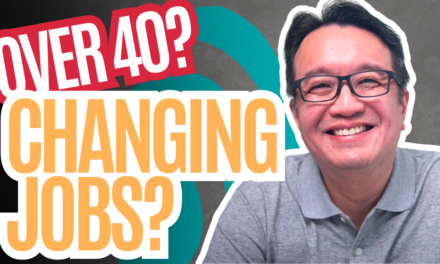
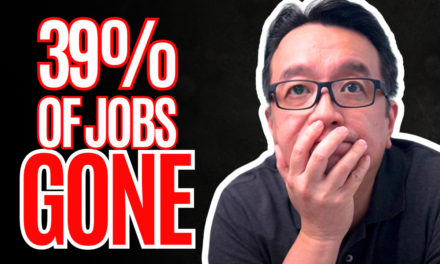








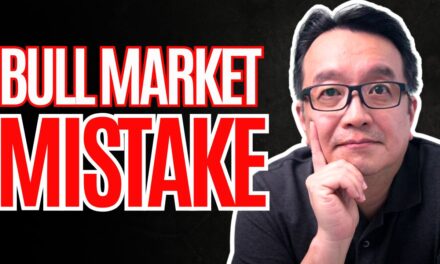








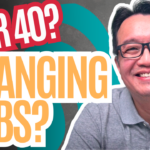
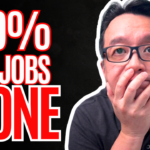


Recent Comments